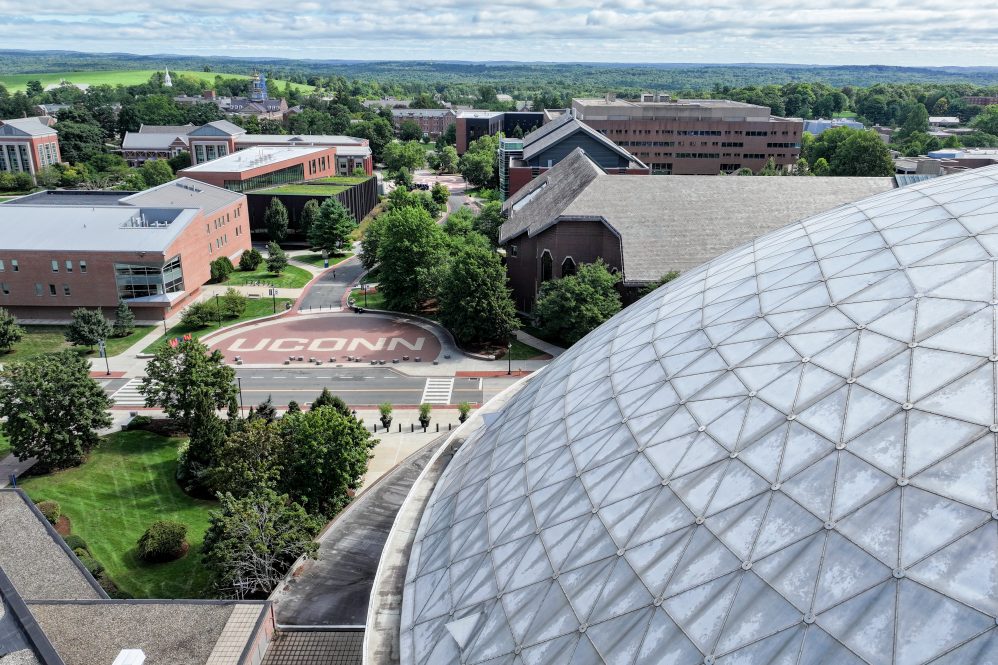Five University of Connecticut faculty members have been named Fulbright Scholars for the 2024-25 academic year from the U.S. Department of State and the Fulbright Foreign Scholarship Board.
Fulbright Scholars are faculty, researchers, administrators, and established professionals teaching or conducting research in affiliation with institutes abroad. Fulbright Scholars engage in cutting-edge research and expand their professional networks, often continuing research collaborations started abroad and laying the groundwork for forging future partnerships between institutions.
Upon returning to their home countries, institutions, labs, and classrooms, they share their stories and often become active supporters of international exchange, inviting foreign scholars to campus and encouraging colleagues and students to go abroad.
The following are the UConn faculty members who earned a Fulbright for 2024-25:
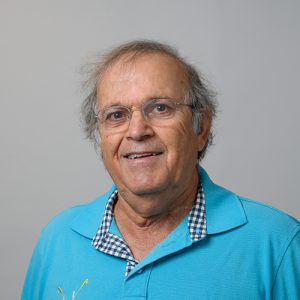
Moshe Gai, a professor of physics and the director of the Laboratory for Nuclear Science at UConn Avery Point, who will be teaching concepts of stellar evolution at the Polytechnica University of Bucharest in Romania in the spring of 2025. He will also conduct research at the Extreme Light Infrastructure Nuclear Physics lab.
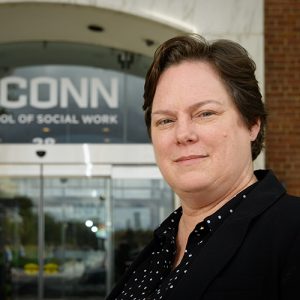
Megan Berthold, a professor in the School of Social Work, who earned a yearlong academic Fulbright Canada Distinguished Research Award at Carleton University in Ottawa. She will serve as the Fulbright Canada Distinguished Research Chair in Public Affairs in North America: Society, Policy, Media, at Carleton University.
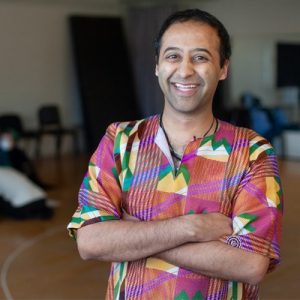
Asif Majid, an assistant professor in theater studies and human rights at UConn Storrs, who will be performing research in India. The research will center around the annual commemoration of Husain ibn Ali’s death, the largest, transnational public mourning ritual in the world, and the link between Islamic social justice and Indian socioreligious dynamics.
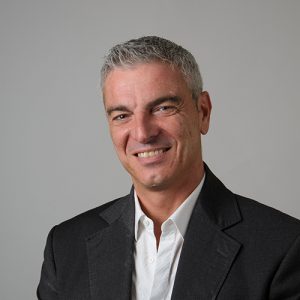
George Bollas, a professor and associate dean in the College of Engineering, who will be performing research in Greece. His research will investigate the end-to-end feasibility of ammonia as a fuel for the difficult to decarbonize transportation sectors. A second focus area will be on ammonia cracking and power generation in fuel cells.
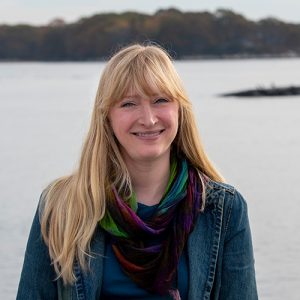
Samantha Siedlecki, an associate professor of marine sciences at UConn Avery Point, who will be performing research in both Italy and South Africa. She will explore ways in which regions are considering modification by coastal processes in the benthic environment and identify case studies where ocean conditions were used to support local decisions and learn about global capacity for localizing climate information. Siedlecki will also develop a community of practice around biogeochemical modeling in coastal systems to engage with as part of the United Nations Ocean Decade.
